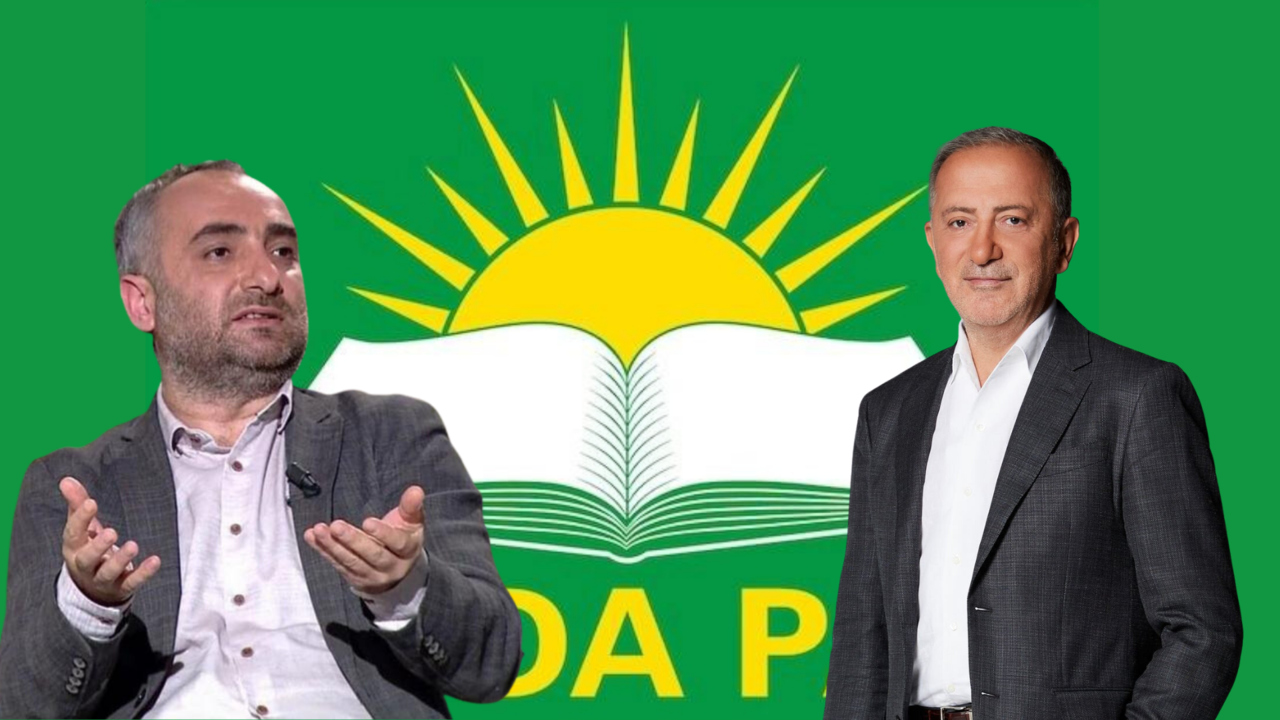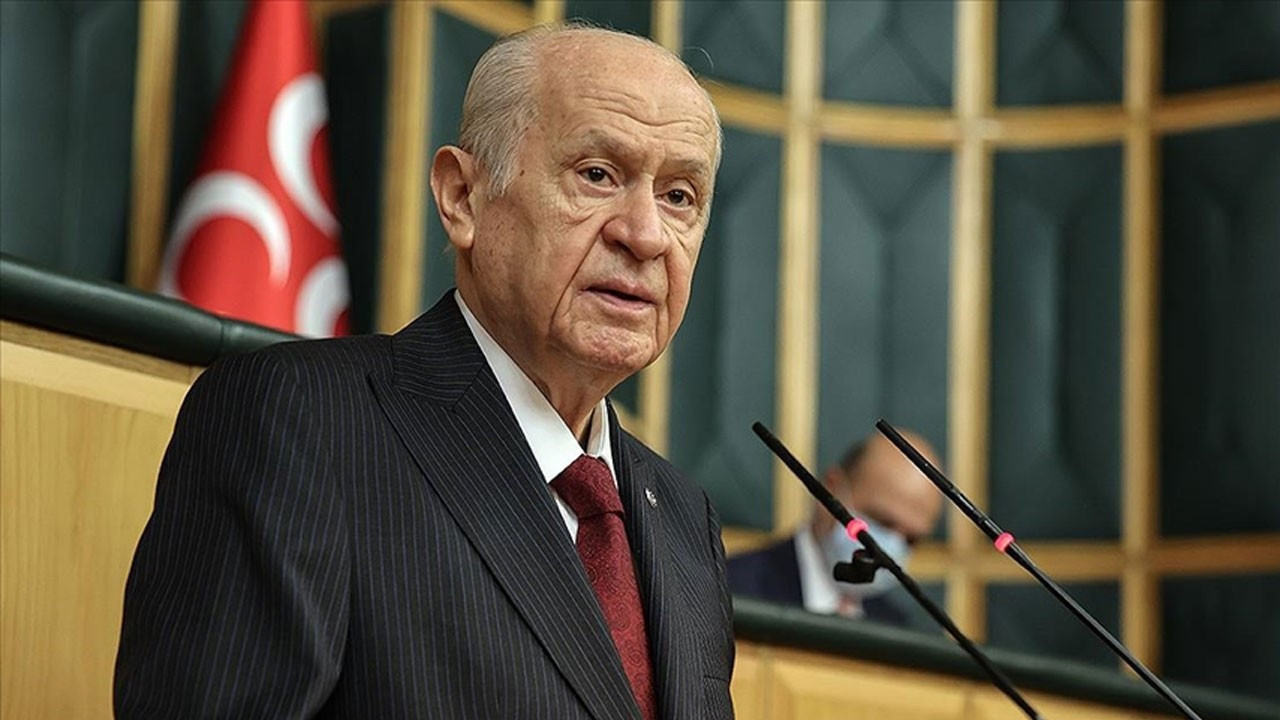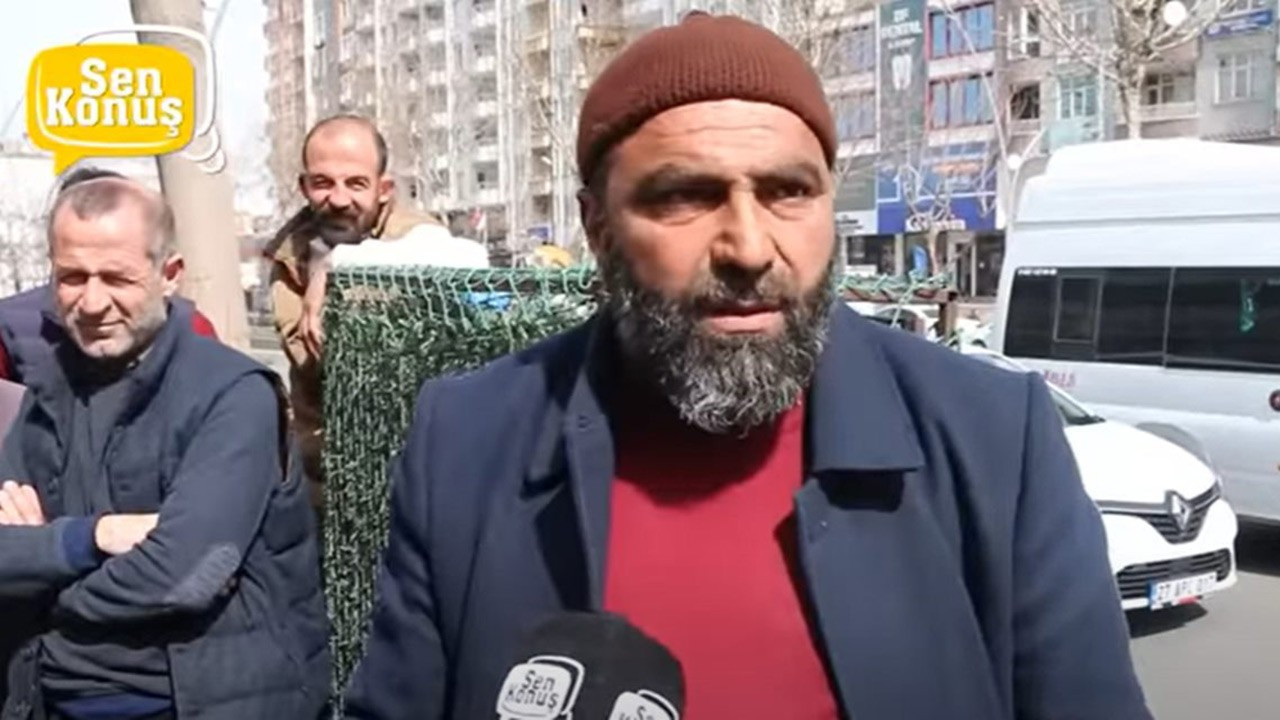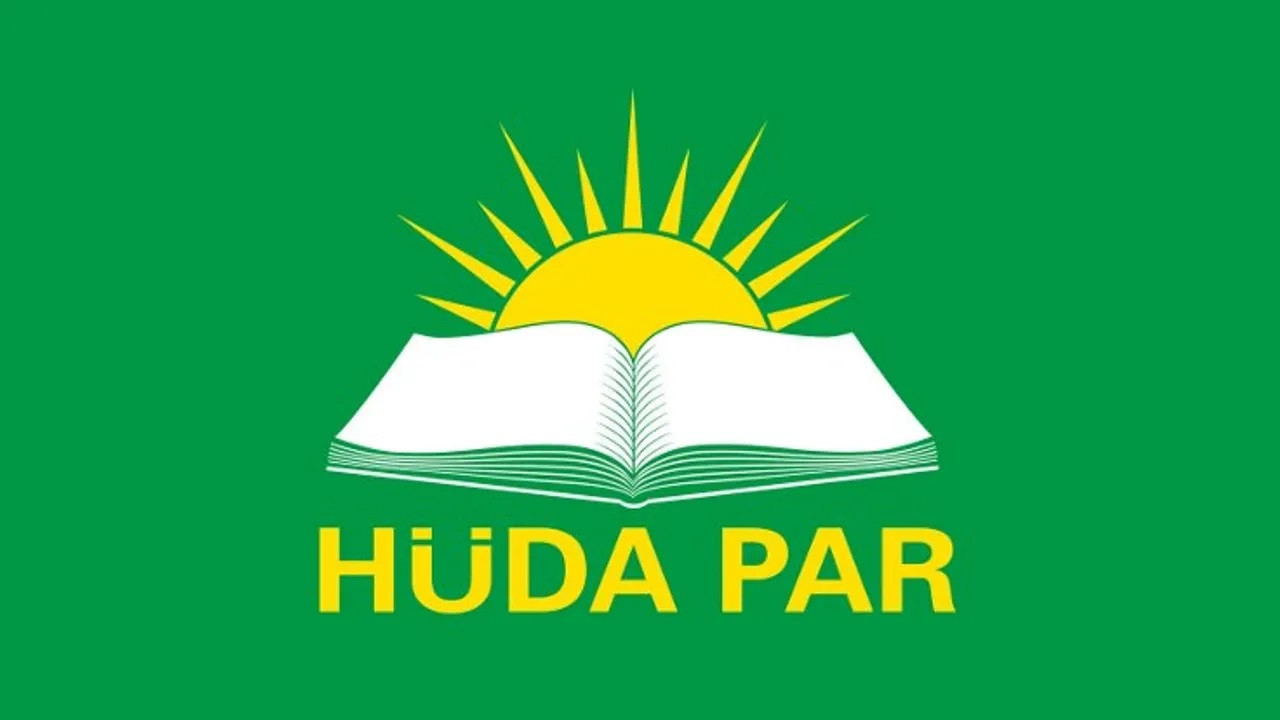Turkish courts release 58 Hizbullah members serving aggravated life sentences from jail since 2019
Turkish heavy penal courts have released 58 Hizbullah convicts from jail who applied for retrial since 2019, the daily Sözcü reported. The moves came despite the Court of Cassation (“Yargıtay”) had upheld all of the radical Islamist terrorist organization members’ aggravated life sentences; hence, their punishment had been finalized.
Duvar English
Turkish heavy penal courts have released 58 convicts of Hizbullah who had been tried for being the perpetrators of 183 murders in southeastern provinces of Diyarbakır, Mardin, and Batman provinces since 2019.
All 58 of the radical Islamist terrorist organization's members had their aggravated lifetime sentences confirmed by the Court of Cassation ("Yargıtay"); meaning that their punishment had already been settled.
The witness statements, ballistic reports of the weapons, and the testimonies of criminals against each other proved them guilty in the first round of trials, Özgür Cebe from the daily Sözcü reported on April 10.
Different courts sentenced 58 Hizbullah members to aggravated life in prison for "committing grave acts with the aim of overthrowing the constitutional order by force of arms and establishing an Iranian model Kurdish Islamic state."
The defendants appealed the verdicts. The Criminal Chamber of the Court of Cassation unanimously ruled that the appeals of the defendants were rejected because the evidence collected was in accordance with the law, the defendants confessed to their crimes in their testimonies, and there were eyewitnesses.
Nonetheless, the heavy penal courts accepted the arguments of the convicts that they were not given a fair trial because they were trialed by military judges and were tortured during testimonies. Hence, the courts released the members of the organization for retrial.
According to the Turkish Code of Criminal Procedure (CMK), "A retrial is impossible unless there is concrete evidence that could affect the merits of a case."
During the conflict between the Turkish security forces and the Kurdistan Workers' Party (PKK) in the southeastern region of Turkey in the late 1980s and early 1990s, Hizbullah killed many people, mainly Kurds.
After a confrontation with the police in Istanbul in 2000, Hizbullah adopted a more discreet approach and changed its tactics to avoid detection. However, it has been quietly reorganizing itself through various foundations, associations, and other entities. In December 2012, some of its members formed the the Free Cause Party (HÜDA-PAR) with the government's support, which allowed the party to enter politics.
Hizbullah become a hot topic in the country after the HÜDA-PAR announced support for the ruling People's Alliance. Some of the members of the HÜDA-PAR was nominated for deputyship under the ruling Justice and Development Party (AKP) list for the May 14 general election.

 Turkish court bans news reports on Hizbullah upon request of radical Islamist party HÜDA-PARDomestic
Turkish court bans news reports on Hizbullah upon request of radical Islamist party HÜDA-PARDomestic Erdoğan ally claims fundamentalist Islamist HÜDA-PAR has no links to HizbullahPolitics
Erdoğan ally claims fundamentalist Islamist HÜDA-PAR has no links to HizbullahPolitics Turkish court releases Islamist man who threatened political opponents with 'beheading'Domestic
Turkish court releases Islamist man who threatened political opponents with 'beheading'Domestic Ruling AKP ally HÜDA-PAR defends single-sex education, criminalization of adulteryPolitics
Ruling AKP ally HÜDA-PAR defends single-sex education, criminalization of adulteryPolitics